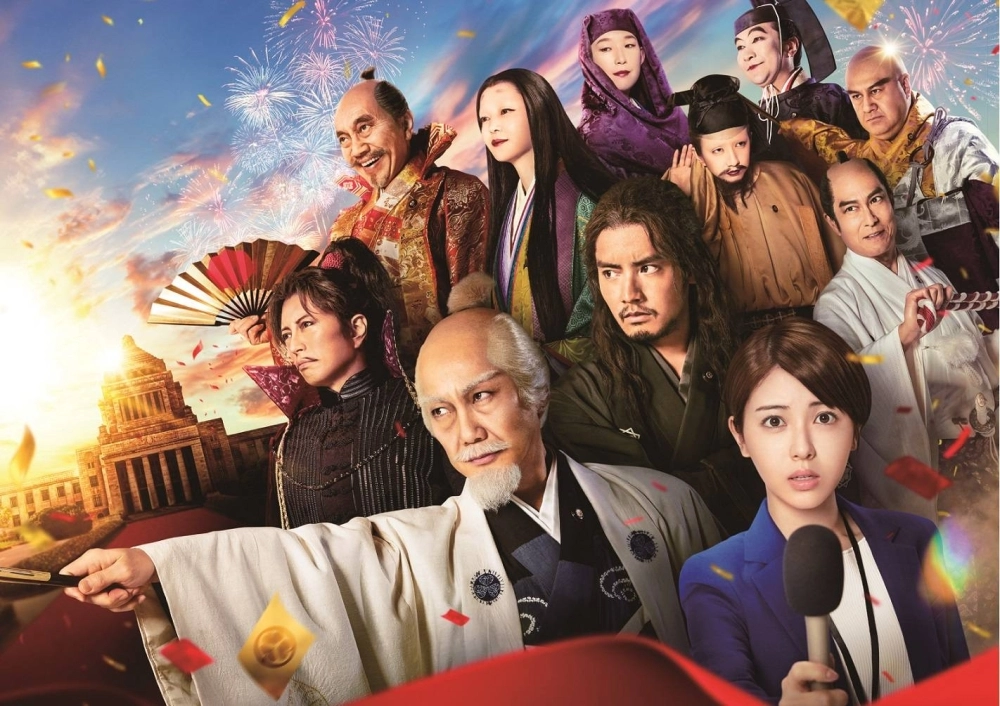In this year of seemingly endless elections, many voters have probably found themselves staring at a ballot paper and thinking, “Are these really the best options available?” Hideki Takeuchi’s clunkily titled “What If Shogun Ieyasu Tokugawa Was to Become the Prime Minister” indulges in some wishful thinking on that front. Rewinding the clock to 2020, it imagines an alternative timeline in which the first wave of the COVID-19 pandemic claims the life of Japan’s premier, plunging the country into chaos.
As the government collapses, it enacts an emergency plan to create a unity cabinet, comprising some of the most illustrious figures from Japan’s past. Sadly, this doesn’t involve black magic or time travel; rather, the dream team consists of digital revenants made using AI and 3D imaging, like the love children of ChatGPT and Hatsune Miku.
















With your current subscription plan you can comment on stories. However, before writing your first comment, please create a display name in the Profile section of your subscriber account page.